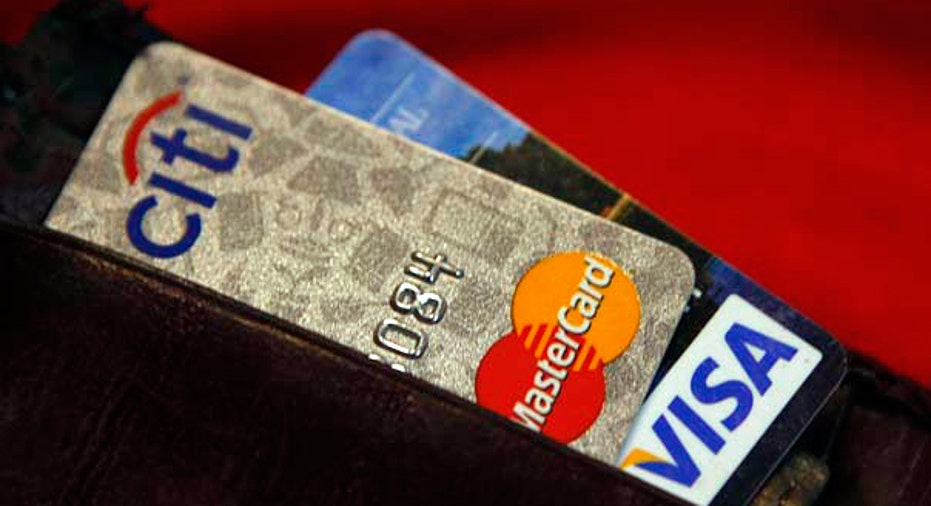How Will a Charge Card Affect My Credit Score?

Dear Credit Card Adviser,
In a recent article, you warned against putting too many expenses on a credit card. You said it could hurt my credit score -- even if I pay off the balance each month -- by adding too much debt compared with the amount of credit under my name. How does this work with my American Express card, which requires payment in full each month?
-- Doug
Dear Doug, The type of card from American Express you described is a charge card, not a credit card. There are key differences between the two, including how they affect your credit score.
Let's go over what sets the two apart. As you noticed, a charge card requires payment in full every month. If it was a credit card, you'd only need to make a minimum payment to stay in good standing. The rules are different because each is structured differently.
A credit card comes with a preset spending limit and an interest rate. The limit helps keep your spending in check and therefore reduces an issuer's risk. The interest rate is also how your credit card company makes money if you roll over a balance from one month to the next.
On the other hand, a charge card has neither a credit limit nor an interest rate. That doesn't mean you can spend as much as you want. The issuer can still deny purchases on a case-by-case basis according to your spending history and how much it thinks you can pay back. You must pay off your balance in full each month, so there's no interest rate.
Because of those differences, that AmEx charge card of yours won't have the same influence on your credit score as a credit card.
Since it has no credit limit, for example, your charge card won't figure into your credit utilization rate. That's the portion of credit you have available from revolving accounts, and it's a key ingredient to your credit score. So, even if you rack up a huge amount of debt on your charge card, it won't impact your utilization rate.
Those debts will, however, affect your credit score in other ways. Anthony Sprauve, myFICO.com spokesman, says the balances on charge cards are used in adding up the total debt you owe across all of your accounts, just like the balances on credit cards.
The payment history on a charge card is also included in a FICO credit score, Sprauve says. That means if you pay off your charge card balance every month on time, your credit score will get a boost. If you miss payments, then your issuer will hit you with a late fee, and your credit score will be dented.
So, bottom line, stay on top of your payments!
Get more news, money-saving tips and expert advice by signing up for a free Bankrate newsletter.
Bankrate's content, including the guidance of its advice-and-expert columns and this website, is intended only to assist you with financial decisions. The content is broad in scope and does not consider your personal financial situation. Bankrate recommends that you seek the advice of advisers who are fully aware of your individual circumstances before making any final decisions or implementing any financial strategy. Please remember that your use of this website is governed by Bankrate's Terms of Use.
Copyright 2012, Bankrate Inc.



















